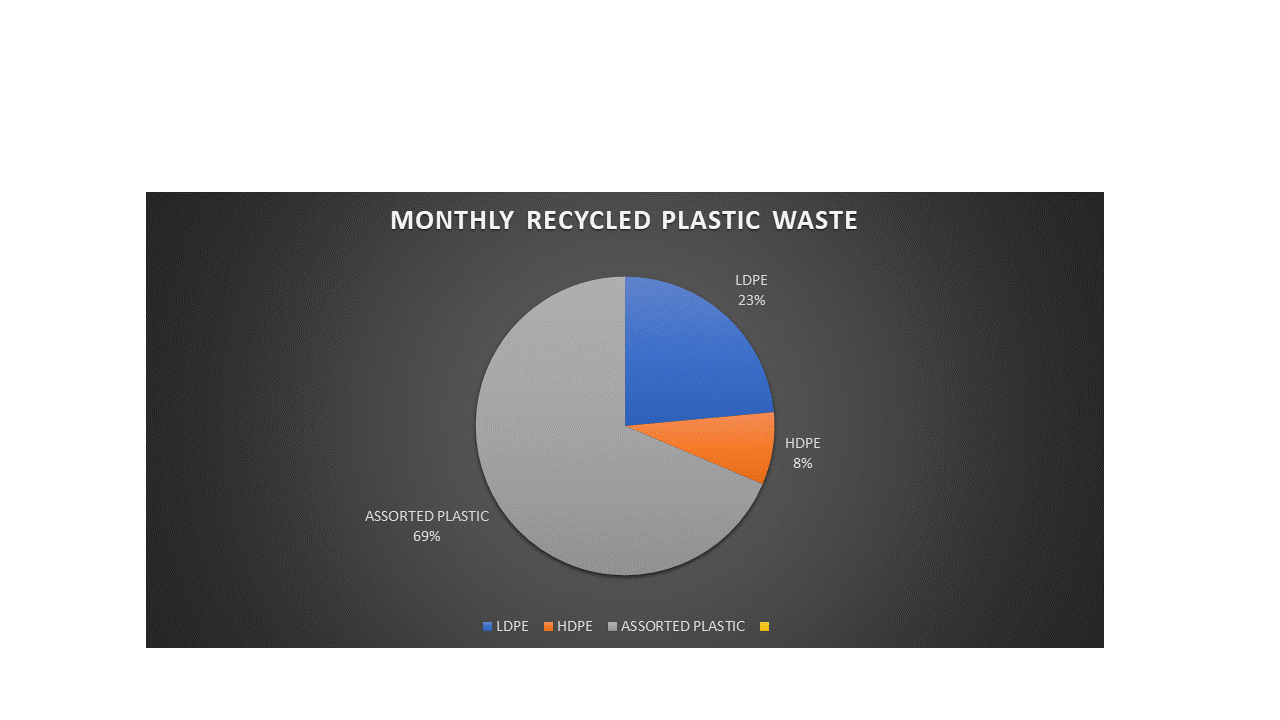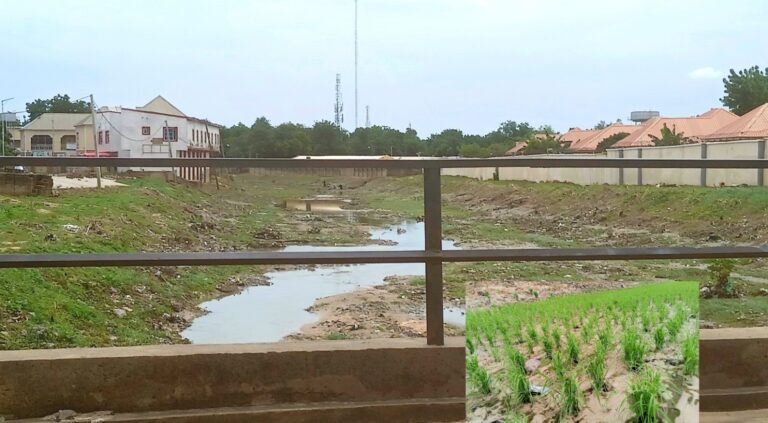By Zainab Adam
Imagine a future where people must purchase oxygen to survive, an unsettling possibility driven by our disregard for the environment.
Every time we toss a used water sachet, plastic bottle, or food wrapper onto the street, we contribute to a growing crisis. According to Greenpeace, plastic waste can take up to 1,000 years to decompose. Over time, discarded plastics accumulate, contaminating soil, poisoning groundwater, and harming marine life, all of which ultimately impact human health.
A recent AI-generated video visualizing plastic pollution in 2050 paints a grim picture: oxygen for sale as streets overflow with plastic waste. This scenario, though speculative, is not far from reality if current trends continue.
Plastic pollution is particularly insidious due to the complexity of recycling. Many single-use products—such as tea and coffee sachets, shampoo packets, and condiment pouches—are made from multi-layered plastics and sometimes combined with metal foil. These materials are difficult to process and often end up in landfills or waterways.
In West Africa, marine plastic pollution is estimated to cost between $10,000 and $33,000 per ton, with severe implications for fisheries, tourism, biodiversity, and marine ecosystems.
Greenpeace warns that recycling is only a temporary solution. Most recycled plastic is merely converted into another form, delaying disposal rather than eliminating it.
In Borno State, Nigeria, one company is taking meaningful steps toward addressing the problem. Borno Plastic Company (BOPLAST) recycles various plastic materials into products such as mats, chairs, buckets, and tables, which are then distributed across the country.
According to BOPLAST’s plant engineer, Engr. Papka Kafari, the company recycles 15.3 tons of plastic every month, including 3.6 tons of low-density polyethylene (LDPE), 1.2 tons of high-density polyethylene (HDPE), and 10.5 tons of assorted plastics.

“This initiative has helped reduce the blockage of waterways and mitigated environmental degradation in several communities,” Kafari said.
However, challenges persist. Kafari noted a shortage in the volume of recyclable plastics due to poor collection habits and alternative uses of plastic waste, such as burning for cooking during the rainy season.
Despite these efforts, public awareness and participation remain low. Many residents continue to dump plastic waste indiscriminately, missing the opportunity to benefit from BOPLAST’s buy-back program.
To complement recycling efforts, the Borno State Environmental Protection Agency (BOSEPA) organizes monthly sanitation exercises on the first Saturday of each month. These initiatives involve clearing clogged drainages, riverbanks, and public spaces while educating residents on converting waste—such as fecal sludge, sawdust, and plastics—into charcoal briquettes.
Meanwhile, the Borno State Agency for the Great Green Wall has intensified tree-planting campaigns since 2024, distributing free seedlings and promoting the “Plant, Protect, and Nurture” mantra alongside the 3Rs: Reduce, Reuse, Recycle.
Speaking on SMK Radio, the agency’s Director, Amb. Usman Aliyu, encouraged households and farmers to make organic fertilizer from decomposable food waste.
“Any leftover food that decomposes easily should be buried in an airtight hole. After two weeks, it becomes a rich fertilizer for farming,” he explained.
Experts such as Dr. Ngare Dogo, a climate change adaptation specialist and lecturer at the College of Education, Science and Technology, are also championing local environmental action. Dr. Dogo advocates for household tree planting, community bylaws on natural resource use, and sustainable energy alternatives such as animal dung and energy-saving charcoal stoves.
Despite these grassroots efforts, environmental awareness remains limited. Many flood-prone areas affected during the September 2024 floods are still occupied. While some residents cite poverty as the reason for returning, others live in waterways or near riverbanks—posing ongoing risks to safety and public health.
Some displaced residents have appealed to the government for improved drainage systems to prevent recurring floods.
There are encouraging signs. Borno State recently passed a new environmental law that bans tree cutting and strengthens regulatory oversight. In Maiduguri, the introduction of electric vehicles signals a shift toward cleaner energy in the transport sector, raising hopes of a more sustainable future.
But much remains to be done. Unless individual and collective attitudes change, the commodification of free air may become more than just a dystopian prediction—it could be our future reality.
